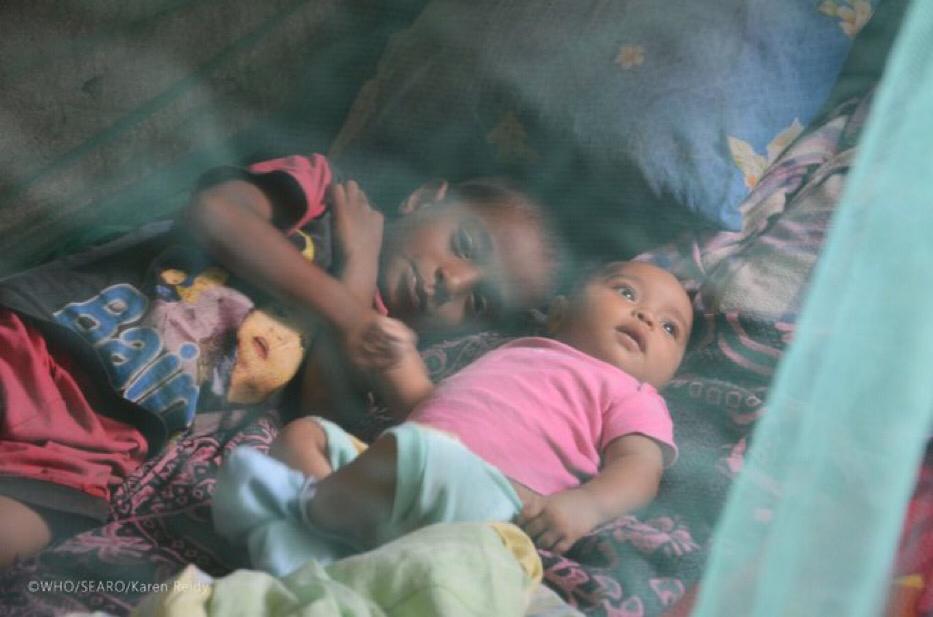We have written an analysis of the RTS,S malaria vaccine for @bmj_latest. In this thread, I summarise the history and describe the problems. I hope for a change of plans @WHO @WHOAFRO. bmj.com/content/368/bm…
What will @WHO do to repair this situation?










